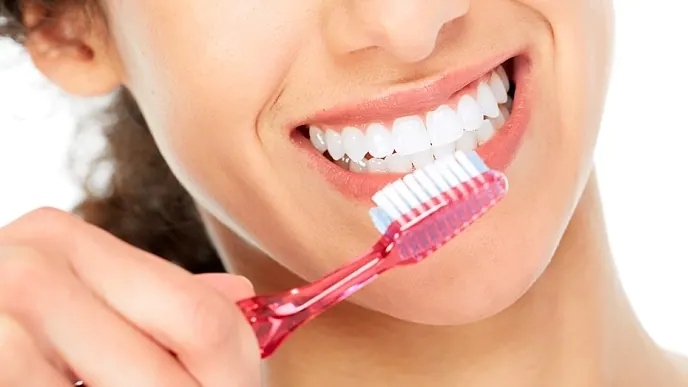
- Every person must receive oral hygiene. This is not just for social or hygiene reasons, but to prevent complicating illnesses, such as pneumonia.
- This includes people with feeding tubes and people with no teeth or dentures. Just because you don’t eat or drink orally or you don’t have teeth this does not mean that your oral cavity does not need to be clean.
Why is oral hygiene so important?
- Poor oral health has a negative impact on general health and well-being
- It can directly lead to dehydration, malnutrition and pneumonia
- It is associated with a number of diseases and conditions, such as diabetes, cardiovascular disease, stroke and oral and oesophageal cancers
- Good oral health is important for people’s dignity and is an essential part of their healthcare
- It is especially important for people with swallowing difficulties as when food, drink, saliva or medication is aspirated (‘goes down the wrong way’ into the lungs) all of the bacteria in the mouth goes down with it, which can cause pneumonia
If a person has any of the issues above, refer them to their GP or dentist as appropriate. If the person has trouble accessing a local dentist service, they may be eligible for specialist care dentistry.
| What does a healthy mouth look like? | What does an unhealthy mouth look like? |
| Clean Moist with saliva Dentures are clean and fit well No mouth ulcers No undiagnosed red or white patches Gums, tongue and cheeks are healthy/pink No broken fillings or dentures No decay or holes in teeth | Dry mouth Denture problems or broken fillings Undiagnosed red and white patches Bleeding and swollen gums Tooth decay Creamy coating on tongue Hypersalivation or drooling |
How can we help people with their oral care?
- Ensure they have a regular and thorough oral hygiene routine (remember it is not always obvious if people need help with this or not)
- Remind them to brush their teeth, gums and tongue twice a day (once before bed and once at any other time)
- Use a fluoride toothpaste (at least 1350 ppm)
- Use non-foaming toothpastes for people with swallowing difficulties – some Corsodyl and Sensodyne products are none or low foaming (look out for SLS free toothpastes or Google ‘non foaming toothpastes’)
- Offer people different levels of support depending on what they need – some people may simply need reminding, whereas some may require full assistance
- Record if they have had oral hygiene, for how long and where in the mouth e.g. front teeth, tongue
Top tips for assisting people with oral hygiene
- Have the person sat upright
- Use a small toothbrush head e.g. electric or child’s toothbrush to ensure you can get into the corners of the mouth
- Start at the front using small circular motions and work your way back
- Clean all parts of the teeth, gums and tongue – if they have no teeth then just focus on the gums and tongue
- Have the person spit out the toothpaste and do not have them rinse with water – this just rinses off the fluoride, which strengthens the teeth!
How to help people with a dry mouth
- A dry mouth increases the risk of developing other oral problems – saliva is extremely important for mouth health and swallowing
- It is often caused by dehydration or medications
- Offer frequent sips of cold water
- Water based moisturising gels or artificial saliva sprays can helpful, such as Moutheze
- Apply these before eating and drinking to help with swallowing
- Avoid dry foods that are difficult to eat, like crackers
- If the person is safe to have them, sugar free chewing gums or sugar free sweets can help to stimulate saliva production
How to help someone with hypersalivation
- Hypersalivation or drooling is often caused by weakened swallowing muscles and not swallowing saliva frequently enough
- Remind the person to swallow their saliva or try a swallow reminder app, such as Swallow Prompt
- Have handkerchiefs and towels handy or under the person’s chin, if they wish
- If the person gets sore skin from saliva, please inform their GP
- If the person is affected by their drooling, then refer them to their GP for review and consideration of medications that may be causing hypersalivation
Where can I get more information?
- Mouth Care Matters: https://mouthcarematters.hee.nhs.uk/ have a full range of guides and resources on mouth care, including for people who are resistant to oral care
- Mouth Care Matters YouTube channel has some videos on mouth care and How To’s: https://www.youtube.com/playlist?list=PLrVQaAxyJE3eYeayCLSUFpxtkMxWmRo7L
- Mouth care at the end of life: https://www.mariecurie.org.uk/professionals/palliative-care-knowledge-zone/symptom-control/mouth-care
- Contact us here




